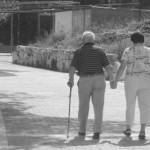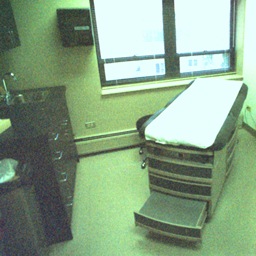Any Baby Boomer who has spent time with a friend or loved one afflicted with the dreaded Alzheimer’s disease knows almost immediately what we are asking here: Would it be better to know that one is very likely to be affected by this horrible condition in the future, or is not knowing simply more desirable? Until recently, this has been more or less of an academic question, but a breakthrough by medical researchers at Georgetown University has brought the debate front and center.
It appears that in the not too distant future, doctors will be able to tell their patients whether or not they are at high risk for acquiring Alzheimer’s disease, one of the most feared brain disorders affecting older individuals. For Boomers and other senior citizens, this latest advance in the study of this disease may seem like a godsend, but doesn’t knowing also come with its own set of terrible, or at least, undesirable consequences? The jury is still out on that question, though many people certainly have personal opinions when it comes to knowing one’s potential fate.
According to news reports, a simple blood test may be all that is required in the future to tell whether or not a person has a predisposition for developing problems caused by Alzheimer’s, including mild dementia. Researchers at the Georgetown University School of Medicine have come up with a test that apparently can predict with 90-percent certainty whether an otherwise healthy individual will be afflicted by dementia (or mild cognitive impairment — MCI) and its life-threatening complications within three years’ time. Continue reading →










